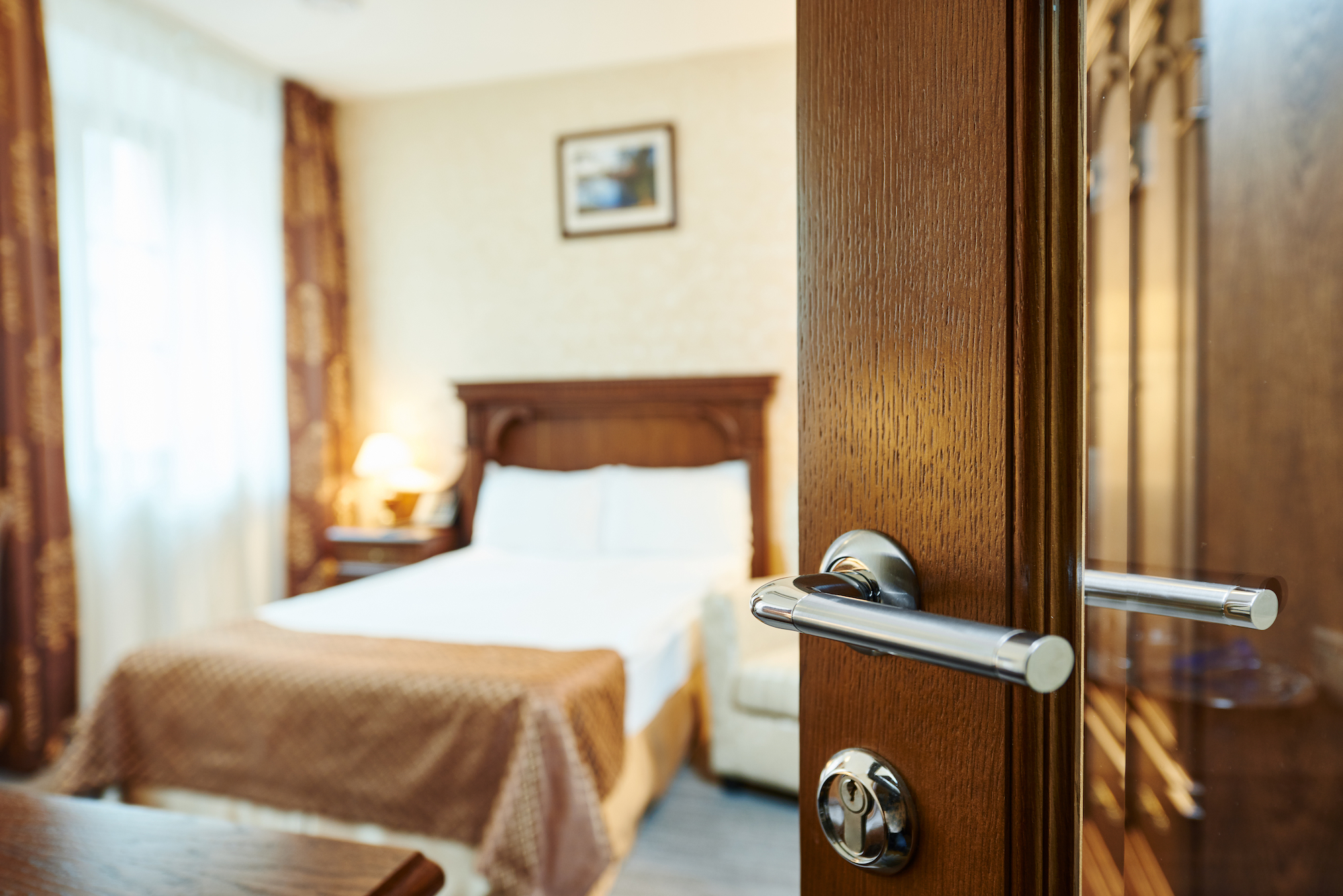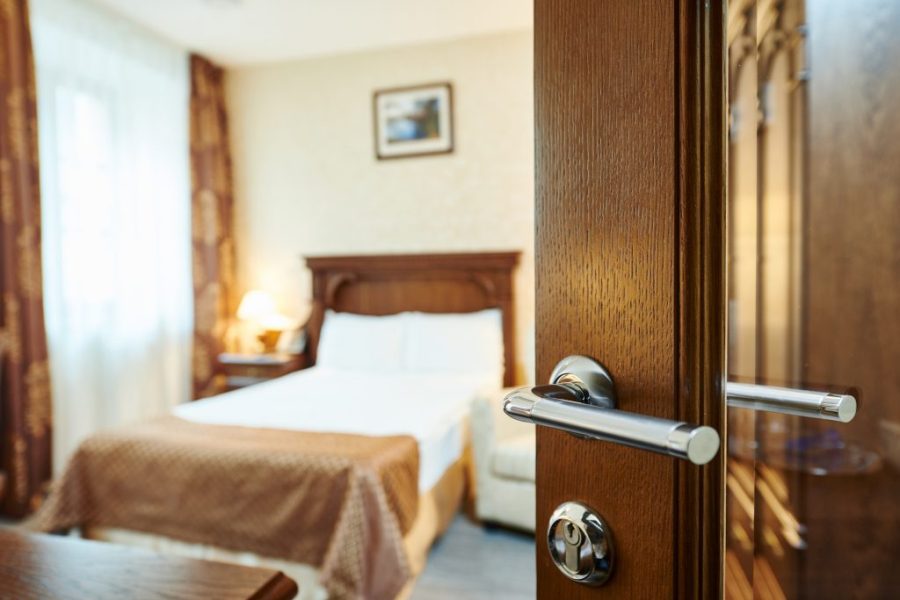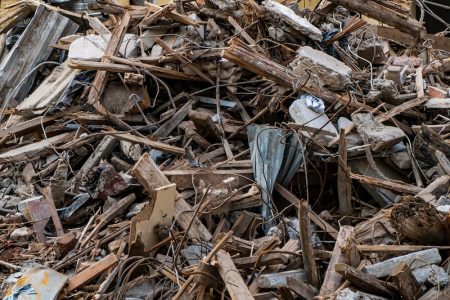The Legislative Assembly passed a government-initiated amendment bill yesterday to ban the illegal provision of accommodation, which requires visitors who can remain in Macao for up to 90 days to stay in a hotel, but not in a residential unit.
The new law aims to combat and curb the illegal provision of accommodation to visitors in residential units.
The new law makes it an offence for owners or tenants of residential units to rent out their units to visitors for less than 90 days. According to the bill, short-term visitors to Macao are only allowed to stay in hotels, but they are allowed to stay in residential units if they have a familial relationship with the accommodation provider, or because of their work, study, or for academic events, religious, charitable, sporting or cultural activities.
Currently, most visitors are allowed to stay in Macao for a maximum of 90 days, while those who are from Hong Kong and the United Kingdom are allowed to stay for one year and six months respectively, Secretary for Administration and Justice André Cheong Weng Chon said.
Lawmaker Lei Leong Wong suggested that the government should consider increasing the number of staff at the Macao Government Tourism Office (MGTO) to clamp down on the provision of illegal accommodation, and that liaison between building owners and management companies should be enhanced to maintain regular communication.
Cheong pointed out that very few illegal accommodation offenders are from Hong Kong and the UK, and that most of the people involved in illegal accommodation are from the mainland.
Cheong also said that the new law could only be improved “as much as possible” and that possible loopholes would be removed through discussion in the legislature.
Cheong underlined that although the illegal accommodation situation has subsided during the Covid-19 pandemic, it is possible that some people might run the risk of breaking the law by offering illegal accommodation in the future once local tourism recovers.
Cheong stressed that the operation of Bed and Breakfast (B&B) accommodation is prohibited in Macao and that the government will continue to communicate with online booking platforms so as to keep B&Bs out of the market, The Macau Post Daily reported.






